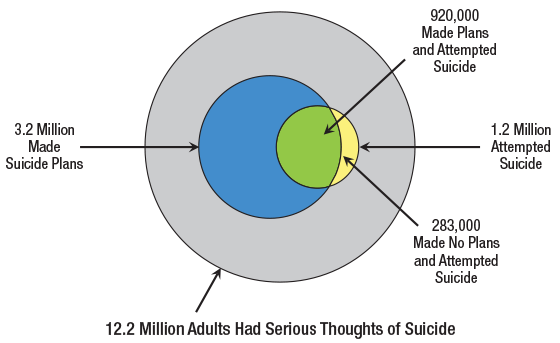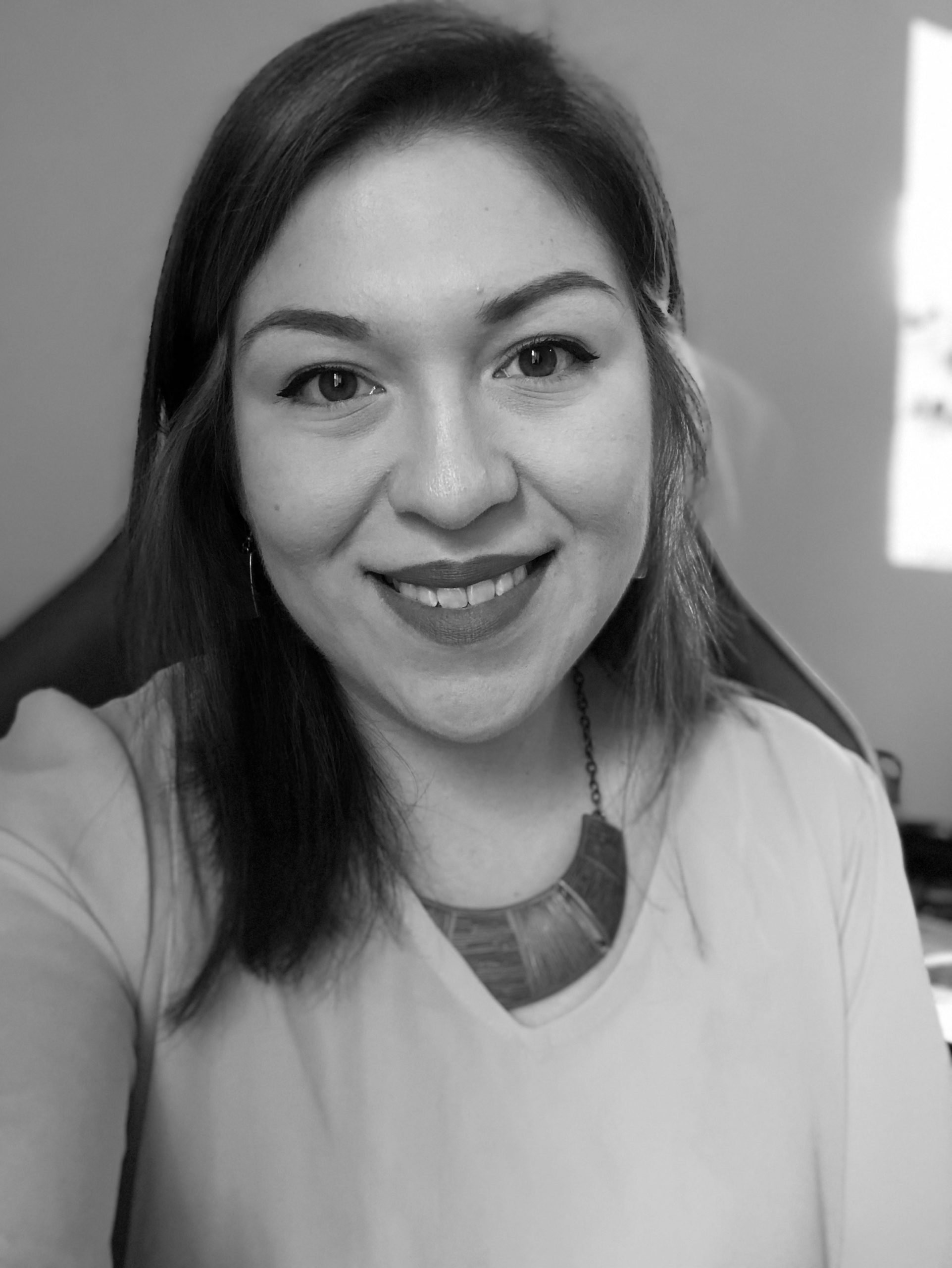Mental Health Care for All
Thank you to BetterHelp for offering everyone in our community two free weeks of professional online therapy. Learn more at BetterHelp.com/BeyondType1.
Even before the COVID-19 pandemic, the importance of mental health was on the rise. Approximately 20 percent of American adults live with a mental illness and over 10 percent of our youth are dealing with depression.
Since 2011, the percentage of adults claiming they have unmet mental health needs has continued to increase annually. Many people not only face financial barriers but also have accessibility issues with a lack of mental health care providers in rural and underserved areas.
Barriers include:
- Lack of access to affordable insurance
- Limited local health care facilities and providers
- Unaffordable care even with insurance
- Providers and services that don’t accept all insurances
- Lack of knowledge of care and resources available
- Little to no funding for resources in underserved areas
- Stigmas around mental health care
- Lack of awareness of what constitutes mental health
When resources are not as easily accessible for everyone, it’s no wonder that more and more people are facing challenges with their mental health.
A recent report from the Substance Abuse and Mental Health Services Administration shows that 1.2 million adults in the US attempted suicide in 2020. For many people, 2020 may have been the first time they realized or were diagnosed with a mental illness. Without the resources and support they need, these numbers will only continue to increase.

DIABETES AND MENTAL HEALTH
People living with diabetes are more likely to experience depression but less than half get diagnosed or treated. The daily grind of managing blood sugar levels, logging medications and dealing with hypo– or hyperglycemia can lead to diabetes burnout. When people are newly diagnosed with diabetes they are usually sent to see a diabetes educator, but seeing a mental healthcare provider is not normally included in management plans.
Many individuals with diabetes don’t receive guidance and education on the link between diabetes and mental health and may have to find mental health support on their own.
Navigating how to care for your mental health on your own may seem like an impossible task but everyone, regardless of socioeconomic background or location, deserves to get help. Below are resources available to help provide mental health care for all.
Affordable Mental Health Care
Mental health care should be accessible to all, but unfortunately, the cost of care is a barrier that prevents many people from getting the services they need. However, there are still options available to help you get the care you deserve.
Sliding-scale pricing may be offered to make care more affordable for some individuals. A therapist offering sliding scale therapy will adjust the price of services based on the person’s income. So a person with a lower income will have a lower adjusted cost for sessions.
An example of sliding scale therapy pricing :
Free intake session
$15/hr for yearly income lower than $30,000
$25/hr for $30,000 to $60,000
When looking for a mental health care provider, make sure to ask if they offer sliding scale pricing.
If sliding scale pricing is still not affordable for you, here are some free, alternative resources:
- Pause a Moment Free Online Tool
- National Black Justice Coalition Mental Health Support Program
- National Alliance on Mental Illness (NAMI) Local and Virtual Free Support Groups
Accessible Mental Health Care
If you live in rural areas, the closest mental health care provider or facility may be miles away. The cost of gas and hours of travel means not everyone has access to the help they need. Making mental health care more accessible to everyone means providing options like telehealth and local resources.
Gone are the days when mental health care was only available in a provider’s office. There are several online therapy options available to anyone with a mobile phone or computer. Although this does help increase accessibility, it still requires cellular or internet access.
Although it does not replace professional help, finding support in communities can be very beneficial for mental health care. There may be local mental health support groups you can attend or if there aren’t any, virtual groups are also available.
Here are some online therapy and support group resources you can check out:
- Amwell
- Ayana Therapy
- BetterHelp
- Faithful Counseling
- NAMI Local and Virtual Free Support Groups
- Online Tools for Veterans
- Pride Counseling
- ReGain
- Talkspace
- Teen Counseling
- Wellnite
- VA Mental Health Mobile Apps
Equitable Mental Health Care
Although mental health illnesses can impact anyone, certain groups (people living in rural areas, veterans, tribal populations, LGBTQ, etc.) are disproportionately impacted and may face higher risks of suicide. Equitable mental health care for all means providers and treatments are unbiased, inclusive and consider the unique and specific needs of the individual patient.
Check out these specialized mental health resources:
- Ayana Therapy: Mental healthcare for marginalized and intersectional communities
- Black Men Heal
- Cohen Veterans Network
- Military Crisis Line
- National Black Justice Coalition Mental Health Support Program
- Pride Counseling Online Therapy
- Therapy for Latinx
- Tips for Finding a Culturally Competent Provider
- Veteran Suicide Prevention Resources
- Veteran Training Self-help Portal
Mental health care is a human right. You deserve to receive the help you need to live a happy, healthy life.
If you or a loved one is in immediate danger, please call the National Suicide Prevention Lifeline: 1-800-273-8255. You are not alone and are worth the call.
Educational content related to mental health therapy is made possible with support from BetterHelp. Thank you to BetterHelp for offering everyone in our community two free therapy sessions. Learn more at BetterHelp.com/BeyondType1.
Beyond Type 1 / Beyond Type 2 maintains full editorial control of all content published on our platforms.





